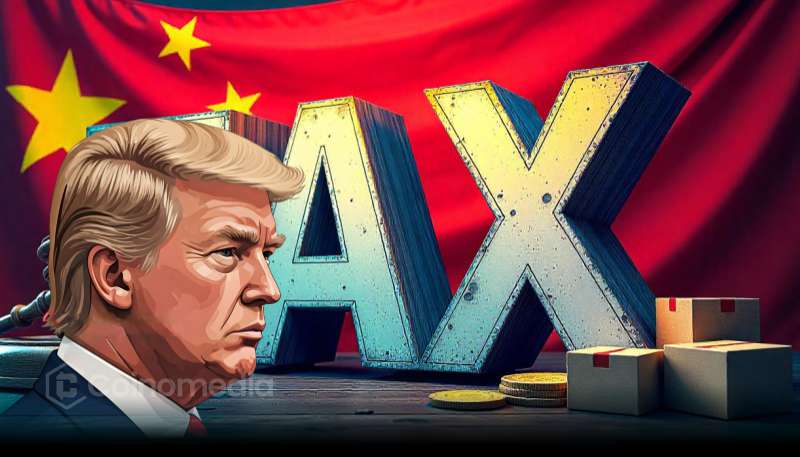
- Trump ends tax-free imports on small China packages
- “De minimis” rule removal affects online shoppers
- Aims to curb unfair trade advantages from China
Trump Targets China’s E-Commerce Advantage
In a major trade policy shift, Donald Trump has officially ended the “de minimis” exemption for small packages imported from China. This exemption previously allowed packages under $800 to enter the U.S. without paying duties or taxes. Its removal marks a significant change for online shoppers and importers relying on low-cost goods from Chinese platforms.
The decision is aimed at curbing what Trump calls unfair trade advantages that Chinese e-commerce companies have enjoyed for years. Platforms like Temu, Shein, and AliExpress have heavily relied on this exemption to deliver cheap goods directly to American consumers, bypassing many of the fees U.S.-based retailers face.
What Is the “De Minimis” Rule?
The “de minimis” rule allows goods valued at under $800 to enter the U.S. duty-free. It was originally designed to simplify customs processes for small, low-risk imports. However, the rule has come under increasing scrutiny as Chinese sellers have used it to ship millions of untaxed packages annually.
Critics argue that this puts U.S. businesses at a disadvantage, especially small retailers who must pay tariffs and taxes on imported inventory. Trump’s move is part of his broader agenda to “rebalance” trade with China and bring manufacturing and retail competitiveness back to American soil.
Impact on Consumers and Retailers
Ending this exemption is expected to increase costs for consumers purchasing low-cost goods from China. Shipping times may also rise as packages face additional scrutiny at customs. Meanwhile, U.S.-based sellers may find themselves in a better competitive position without the uneven playing field.
The policy change is likely to reignite debates over trade fairness, protectionism, and the role of global e-commerce in the U.S. economy. As Trump gears up for a potential 2024 comeback, this move signals a return to hardline trade policies that defined his first term.
Read Also:
- Crypto Top Gainers in 2026: ZKP Outshines DOGE, SHIB & PEPE
- BlackRock Hits $14 Trillion in Assets Under Management
- ZKP Surges 300% as Dogecoin and XRP Stagnate, Analysts Say This is the Top Crypto to Buy Before 2026 Supply Shock
- China’s GDP Grows 5% in 2025 Amid US Trade War
- Ethereum Now Just 33% Away From All-Time High



